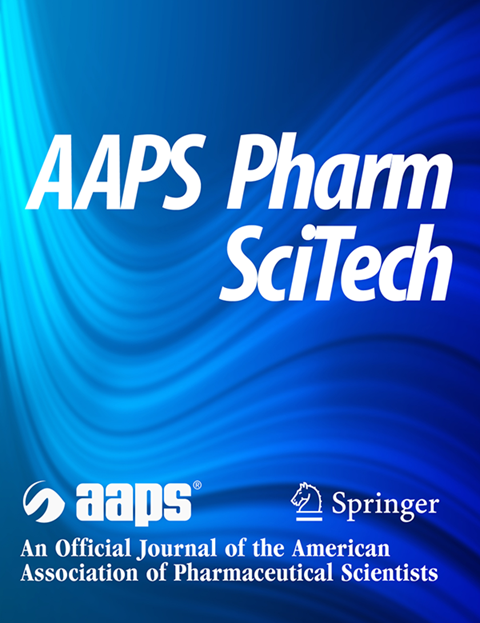Dual Drug Loaded Topical Cubosomal Gel Against Candida Albicans: An In Vitro and In Vivo Proof of Concept
Abstract
Dual drug approaches are gaining research interest owing to the reduction of drug resistance and additive or synergistic effects in treating fungal infections caused by Candida albicans. The present study includes the combination of ketoconazole (KTC) and eugenol (EGN) co-embedded cubosomes (KTC-EGN-CBs) for the effective treatment of candidiasis.The bio-membrane-typical framework of the cubic phase in CBs can help retain both drugs leading to enhancement of antifungal activity. KTC-EGN-CBs were developed by high-speed homogenization, followed by the probe sonication. The optimized KTC-EGN-CBs depicted lower particle size (138.8 ± 1.03 nm) and PdI (0.260 ± 0.006) with a high entrapment efficiency of KTC (79.73 ± 1.21%) and EGN (90.92 ± 2.53%). Further, KTC-EGN-CBs were loaded into the hydrogel system for ease of topical application. The ex vivo diffusion study depicted the CBs helping the KTC and EGN to exhibit significantly higher permeation and retention owing to the resemblance in cubic structure with the skin. Additionally, the in vitro antifungal study of KTC-EGN-CBs resulted in a higher zone of inhibition when compared to the plain drugs against Candida albicans. Furthermore, the effectiveness of cubosomal formulation was observed in the inhibition of planktonic growth, yeast to hyphal formation, biofilm formation, and ROS production. The antifungal activity of KTC-EGN-CBs was found to be more prominent in the infected silkworm model than the plain KTC-EGN. The cell cytotoxicity study on human keratinocyte cells and the irritation study on the hen's egg test-chorioallantoic membrane assay revealed the non-cytotoxic and non-irritant nature of the prepared cubosomes. In a nutshell, these findings demonstrated CBs as a promising carrier for KTC and EGN to effectively treat candidiasis.

 求助内容:
求助内容: 应助结果提醒方式:
应助结果提醒方式:


